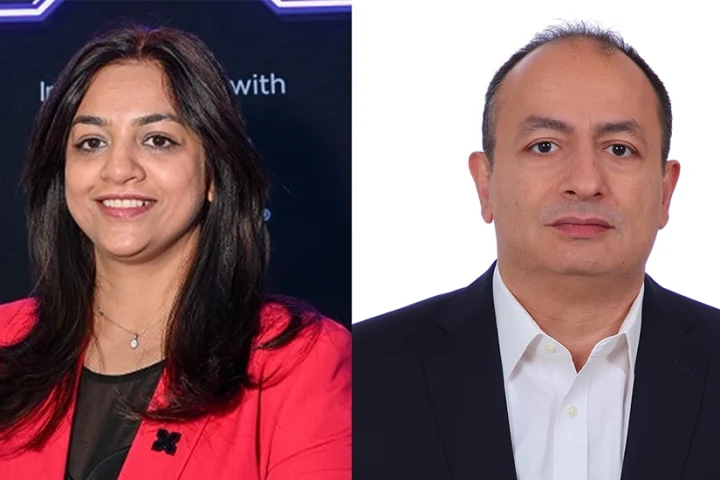Sophos released its first “MSP Perspectives 2024” survey report, revealing that 39% of Managed Service Providers (MSPs) find keeping up with the latest cybersecurity solutions and technologies to be their biggest daily challenge. Additionally, MSPs highlighted hiring new cybersecurity analysts to manage customer growth and evolving cyber threats as major concerns.
The survey also reveals that MSPs perceive the shortage of in-house cybersecurity skills to be the single biggest cybersecurity risk to both their own business and their clients’ organizations. MSPs also perceive stolen access data and credentials and unpatched vulnerabilities to be amongst the biggest security risks to their customers. The latest State of Ransomware 2024 report found that nearly a third (29%) of ransomware attacks started with compromised credentials, showing the prevalence of this entry vector.
“The speed of innovation across the cybersecurity battleground means it’s harder than ever for MSPs to keep up with threats and the cyber controls designed to stop them. When you couple this with a global skills shortage, which has made it infinitely more difficult for many MSPs to attract and retain cybersecurity analyst resources, its unsurprising that MSPs feel unable to keep pace with the changing threat landscape,” said Scott Barlow vice president of MSP at Sophos.
In response to this complex threat landscape, there is growing demand for managed detection and response (MDR) services to provide always-on coverage. Currently 81% of MSPs offer an MDR service, and almost all (97%) MSPs that do not currently offer MDR plan to add it to their portfolio in the coming years.
Reflecting the shortage of in-house cybersecurity skills, 66% of MSPs use a third-party vendor to deliver the MDR service and a further 15% deliver jointly through their own SOC and a third-party vendor. Topping the list of essential capabilities in a third-party MDR provider is the ability to provide a 24/7 incident response service.
MSPs are also streamlining their cybersecurity partnerships, working with a small number of vendors. The study revealed that over half (53%) of MSPs work with just one or two cybersecurity vendors, rising to 83% that use between one and five. Reflecting the effort and overhead of running multiple platforms, MSPs estimate that they could cut their day-to-day management time by 48% if they could manage all their cybersecurity tools from a single platform.
Other interesting findings from the report include:
- 99% of MSPs report an increase in demand for cyber insurance-related support, with the most common requests including clients wanting to implement an MDR service to improve their insurability (47%) or to receive help completing their insurance application (45%).
- MSPs want flexibility from their MDR provider, with 71% saying it is “essential or very important” that the vendor can use telemetry from their existing security tools for threat detection and response.
- MSPs in the U.S. lead the way in MDR service provision with almost all (94%) already offering MDR, compared to 70% in Germany, 62% in the U.K., and 58% in Australia.





















